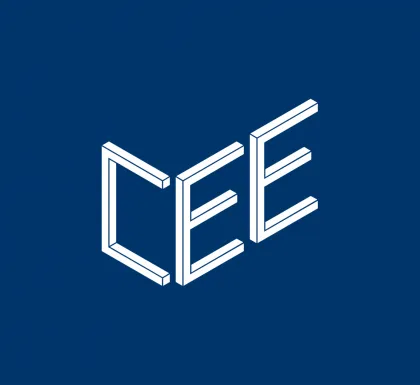Yale's Environmental Engineering Program again ranks in U.S. Top 10
Ranked among the nation’s top 10, Yale’s Environmental Engineering program is defined by pioneering research, globally recognized faculty, and a collaborative, multidisciplinary approach to solving the world’s most pressing environmental challenges—from clean water access and air quality to climate change solutions and public health.
With cutting-edge research and internationally recognized faculty, Yale’s Environmental Engineering program has quickly become a leader in the field. This achievement is underscored by its No. 10 ranking in the 2025 U.S. News & World Report’s Best Graduate Engineering School Rankings for environmental engineering, tying with institutions like Rice, Princeton, Purdue, and Duke.

The program boasts distinguished faculty, including Professor Julie Zimmerman, who was recently elected to the National Academy of Engineering and serves as Yale's Vice Provost for Planetary Solutions. Zimmerman, who holds joint appointments at Yale's School of Engineering & Applied Science and School of the Environment, was recognized for her "leadership in education and the development of green technologies that enhance the sustainability of engineered systems."
The program emphasizes a multidisciplinary approach to solving environmental problems, allowing graduate students to pursue their educational and research interests across departmental lines and utilize resources from other departments and schools at Yale.
Despite having a relatively small faculty size of seven full-time members, the program’s impact is considerable. Research from the environmental engineering program has significantly influenced public discourse on crucial environmental issues today. These include water desalination and wastewater reuse, the impact of energy production and use on air quality and climate change, the environmental implications of engineered nanomaterials, sources of human exposure to bacteria and fungi in built environments, and the chemical reactions in flavored e-cigarette liquids that can irritate users' airways.
Several faculty members have close ties and appointments across the campus, including Yale’s School of the Environment and School of Public Health. They also collaborate with national laboratories like Brookhaven and Pacific Northwest and lead major research centers and initiatives such as NWAI, NEWT, and SEARCH. Additionally, many serve as editors for many of the field’s leading journals and publications.
More Details
Published Date
Apr 11, 2025








